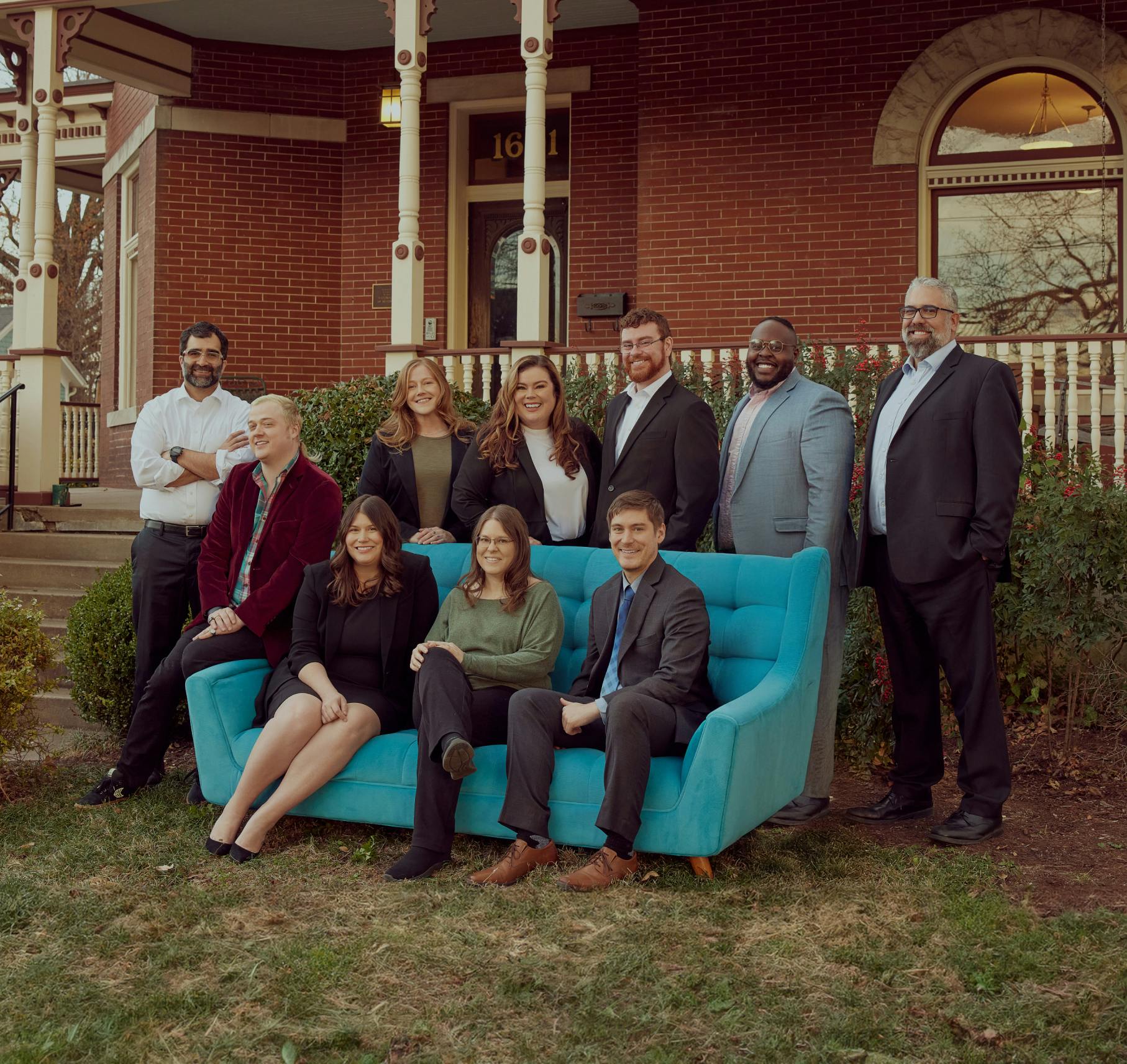
If you’ve been in a car accident, your words matter—and not just to the person across from you. They matter to the insurance companies, to the adjusters reviewing your claim, and possibly even to a jury.
At Miller & Mallett, we’ve helped thousands of Arkansas drivers recover after motor vehicle accidents. We’ve seen firsthand how innocent comments can become ammunition for insurance companies seeking to deny or reduce compensation.
Whether you were rear-ended on I-630 or hit by a distracted driver downtown, knowing what not to say after a wreck is just as important as knowing what to do next.
Why Your Words Matter More Than You Think
After a car accident, emotions can run high. You might feel shaken, disoriented, or just trying to be polite. But what you say in those first few moments—or later to an insurance adjuster—can seriously impact your claim. Insurance companies are trained to pick up on language they can use to minimize what they owe you.
This matters even more in Arkansas because we follow a modified comparative fault rule. According to Ark. Code § 16-64-122:
- If you're found to be 50% or more at fault, you cannot recover any compensation
- If you're found less than 50% at fault, your compensation will be reduced by your percentage of fault
- Even small or well-meaning statements—like “I’m sorry” or “I didn’t see them”—can be twisted to shift fault onto you
That’s why it's critical to choose your words carefully and speak with a qualified attorney before talking to the insurance company.
What Not to Say After a Car Accident
“I’m Sorry.”
- Saying “sorry” at the scene, even as a gesture of kindness, can be interpreted as admitting fault.
- Instead, focus on checking if everyone is okay and wait for the authorities to arrive.
“I Didn’t See Them” or “It Was My Fault.”
- These statements are admissions, even if you don’t realize it.
- Insurance companies love phrases like these because they can be used to shift fault to you, even when the evidence says otherwise.
“I’m Not Hurt.”
- In the shock of a crash, adrenaline often masks injuries
- Saying you’re fine can jeopardize your medical claim later
- Instead, say you’ll be seeking medical attention—then do it
- Some injuries, like whiplash or soft tissue trauma, may take hours or even days to show up (CDC)
“I Think…” or Guessing Details
- If you’re unsure about what happened, don’t speculate
- Stick to the facts you’re confident about
- “I don’t know” is a perfectly acceptable answer
“I Don’t Have a Lawyer.”
- Insurance adjusters may sound helpful, but they aren’t on your side
- If you admit you don’t have legal counsel, they may try to rush you into a lowball settlement
- Politely say you are reviewing the situation and will have your attorney follow up
Any Statement That’s Not True
- Never exaggerate, speculate, or make assumptions
- Misstatements can hurt your credibility and damage your case
- Always be truthful, but also brief and cautious
What You Should Say After a Car Accident
While there are plenty of things you shouldn’t say after a crash, knowing what you can safely say is just as important. The key is to stay calm, stick to the facts, and avoid speculating.
Here’s what you should say—and do:
“Are you okay?”
- Always check on others involved
- Showing concern is human, but avoid apologizing or admitting fault
“I’ll wait for the police to arrive.”
- It’s best to let official reports document the scene
- This keeps things accurate and avoids misstatements
“Here’s my insurance information.”
- Exchange only the basics: name, contact info, insurance provider, and vehicle details, and make sure you get theirs, too.
- You are not required to give a statement to the other driver’s insurer
“I’d prefer to speak with my attorney before discussing the details.”
- This protects you from saying something that could hurt your case down the line
“I’m seeking medical attention.”
- Even if you feel fine, get checked out and let others know you’re doing so
- This shows that you’re taking the situation seriously
“Can I have a copy of the police report?”
- This document may support your claim later and help clarify any disputes about the facts.
Our Role: Protecting You from Costly Mistakes
At Miller & Mallett, we know insurance companies try to use your words against you. That’s why our attorneys:
- Handle communication with adjusters
- Collect evidence to challenge fault claims
- Prepare a strong case for full compensation
- Fight back when insurers try to minimize your injuries
From fender-benders to catastrophic injuries, we’re proud to stand up for Arkansas drivers who’ve been hurt through no fault of their own.
If you’ve been in a car accident, don’t say anything to the insurance company until you talk to us. At Miller & Mallett, “The Firm with a Smile,” we’re friendly to our clients—and fierce with insurance companies. Contact us today to book your consultation.

